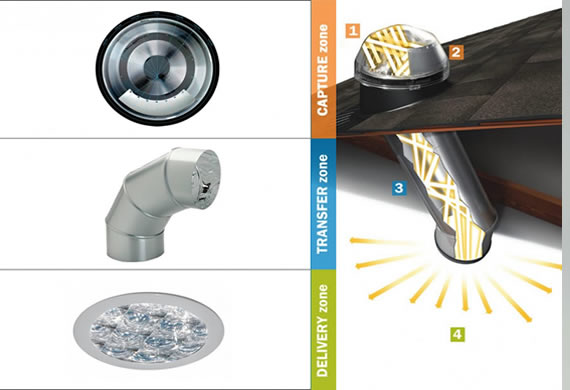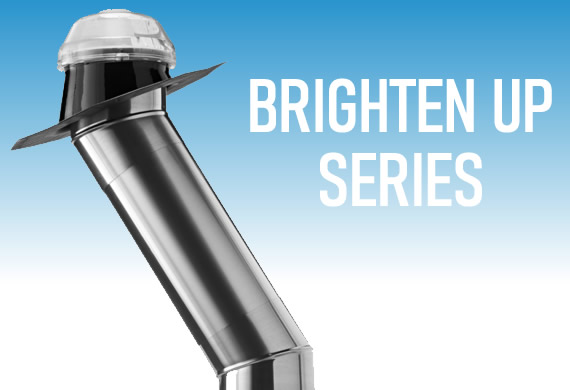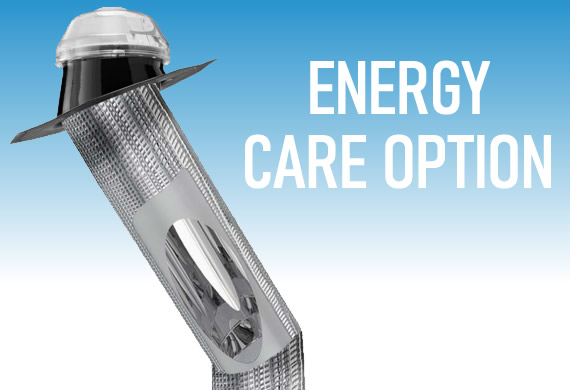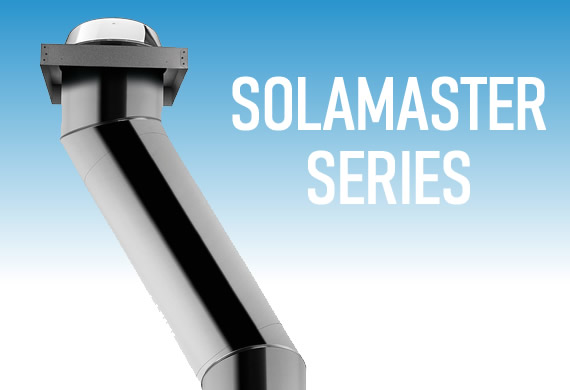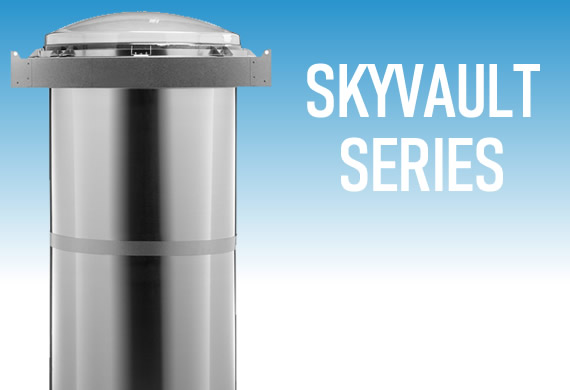
Suffering from the winter blues?
If you’re feeling energy sapped as we move in to the darker days of autumn and winter, it may be SAD (Seasonal Affective Disorder), a type of depression that's related to the changes in seasons. For many people the onset of shorter days and lack of daylight can start to sap your energy, making you feel moody and causing you to withdraw socially. Everyone reacts differently though, and some people suffer more than others.
So, why do we get SAD?
While researchers have yet to discover the specific cause for SAD, we do know one main source that causes us to feel this way: Lack of sunlight.
According to an early 1990s survey, almost 20% of the general public said they experienced symptoms of SAD. Studies have shown that the level of light found in day lit buildings can be effective in fighting the disorder. (Charleston Gazette, March 12, 2000)
The decrease in daylight in autumn and winter throws our biological clock out of whack. So anything that helps to increase the amount of sunlight we are exposed to is likely to help and a Solatube sun pipe can often help do just that by piping daylight in to the home in order to help keep you light levels up.
Lack of sunlight:
1. Reduces the levels of serotonin: sometimes known as the happy chemical, serotonin is a neurotransmitter (brain chemical) that puts us in a good mood.
2. Increases the levels of melatonin: a natural hormone made by our body that regulates the sleep–wake cycle.
With both of these components fighting against us, it’s no surprise we find ourselves seasonally out of sorts. Fortunately there is help. There are handful of natural, inexpensive methods of coping with the "winter blues." Here's a look at a few treatments and lifestyle changes to help you keep your mood and motivation steady throughout the season. However, anyone struggling to function normally and cope with SAD should seek the help of a trained medical professional, as additional treatments may also be recommended in addition to the resources below.
Brighten up: Light therapy or phototherapy is a common treatment for SAD.
During light therapy, people sit or work near a a light therapy box. The box gives off bright light that mimics natural outdoor light, helping to promote a chemical change in your brain that lifts you from the depression that you're in.
One of the largest studies on the use of daylight to treat clinical depression was published in the journal Biological Psychiatry in 1992. The study found that hospitalized patients at a VA hospital that were administered light treatment were significantly less depressed than those in artificial light.
Get outside: Nothing beats the great outdoors
Although using a light therapy box is an effective and convenient way to lift one's mood during the winter, it's still no replacement for exposure to natural sunlight. Take some time each day to go outside, or arrange your home or office so that you are exposed to natural light during the day, perhaps by moving your furniture around.
You can introduce even more daylight into your home by installing tubular daylighting devices such as sun pipes or tubular skylights, which are cost effective and easy ways of piping daylight in to dark rooms and areas of your home where a window just can’t help.
Sweat it out: Exercise is another excellent way to fight SAD
Exercise releases endorphins, which are hormones that reduce pain and increase feelings of well-being, and it increases your metabolism, which helps improve your energy levels. To get the best benefit, do your exercise outside during daylight hours to get extra sunlight as well. Even 10 minutes a day can help.
Eat right: Nutritious foods help lift moods
During the winter many of us find ourselves frequently carbo-loading and/or overindulging on sweets. Although eating comfort food may bring some sort of immediate, short term relief when we're feeling down in the dumps, it's important to eat nutritious foods that naturally help to boost your mood.
Additional help: Consider herbs and supplements
If adapting your diet isn’t cutting it, consider trying food or herb supplements as a natural remedy for SAD. For example, studies suggest that the omega-3 fatty acids found in fish oil can contribute to healthy emotional balance, along with Vitamin D, St. John's wort and B vitamins.
If you find yourself feeling SAD, don't brush it off as an inevitable winter side effect. Taking action when your symptoms hit could make all the difference between a dark stretch and a happy winter season.
Daylighting the interior space of all buildings is now an important consideration for architectural design. Studies have shown that increased daylighting improves worker productivity, provides for faster patient recovery, and improves students’ grades. Additional benefits of daylighting include keeping our biological clocks in order and relieving stress. These benefits have long been recognized in Europe, where minimum amounts of daylighting are now regulated.
If you are interested in bringing natural light into your home, why not give us a call at Solatube Scotland to find out whether a Solatube tubular skylight can help you. Typically, a fully installed system might cost anywhere between £900 - £1,200; that’s supplied, professionally installed and includes the VAT
For more information and pricing, email info@solatubescotland.co.uk or call us on 07778 283427.

